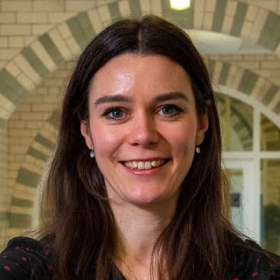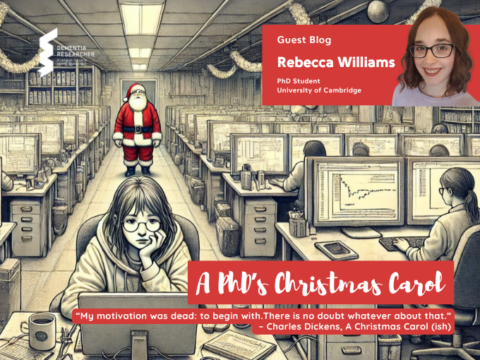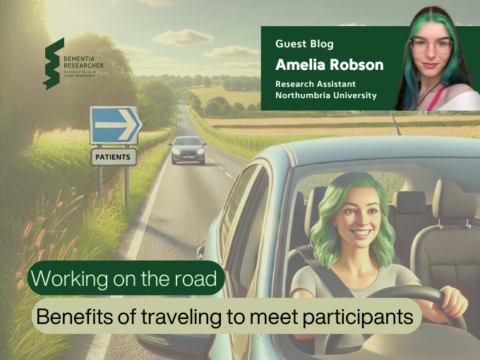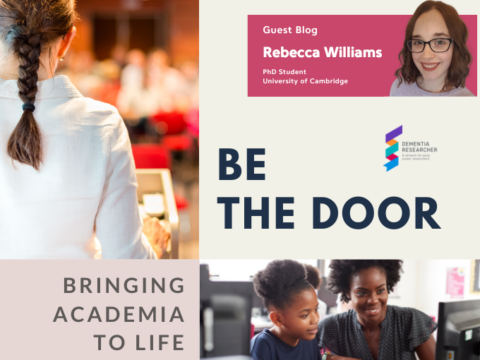When we’re doing a PhD, we’ve got supervisors. When we’re doing a postdoc or postdoctoral research position, we’ve got a supervisor or line manager. But what about afterwards? When we’re independent researchers and have a line manager of course, but are they always guiding us to the best of our career ambitions and options? And even when doing a PhD or postdoc, some supervisors aren’t necessarily there to give us independent career advice.
What we all need, ideally at every stage of our research career, and maybe even when we might be Senior leaders (whenever that day may come after lots of sweat poured into papers, grants, teaching, public involvement and engagement, management, and policy engagement, etc), is a mentor, or mentors. Mentors can help us take stock and look at our career from a bit of a distance, often having gone through similar experiences and stages in their career. Having a mentor (or again, mentors), can be incredibly helpful to discuss thoughts or work experiences/difficulties, but also to get new ideas of where to head for in the next year or two or three.
So who is normally a mentor? For us dementia researchers that is an academic who is more senior to us. But, it doesn’t have to be a dementia academic. We can draw lots of really important knowledge and be given incredibly helpful advice from academics outside our own topic area. Indeed, I would strongly suggest to get a mentor within your field, and one outside your field.
How do we go about getting a mentor? Whilst there are official mentorship programmes, which I am sure are very helpful to many people, I have never gone down that route as I have always had (inofficial) mentors/senior academics I got to know over the years to discuss career aspects with. Without naming them, if any of you (mentors) are reading this, I want to state my huge appreciation for any chats over jasmine tea and chocolate cake, lunches, zoom or in person, at conferences or over the phone, over the years gone by. Sometimes it’s just a little thing that one needs advice one, and it’s great to have that sounding board of very experienced academics to give advice and guide at times, or show options of which routes to go down.
Regardless of using a mentorship programme or getting mentors outside of such frameworks, what is really important is that you actually enjoy talking to your mentor and get along. All of mine are driven and kind academics whom I’d be chatting to and probably working with anyways, because we get along easily. So, if you are matched with a mentor as part of a programme and it doesn’t really seem to work, don’t worry, programmes usually are aware of this and try and facilitate good mentor/mentee working relationships.
One thing I was also keen on was discussing the experiences of senior female academics, as opposed to male academics, as we unfortunately often still do face gender issues in academia. It really depends on what you would like some guidance on.
If you don’t have a mentor yet, I’d strongly encourage you to try and get onto a programme or maybe ask someone you look up to and respect in your field to have a chat over tea or coffee. It doesn’t always have to be an official agreement (given everyone’s uber busy diary), and sometimes a one-off meeting might be much more useful than nothing.

Dr Clarissa Giebel
Author
Dr Clarissa Giebel is a Senior Research Fellow at the University of Liverpool and NIHR ARC North West Coast. Clarissa has been working in dementia care research for over 10 years focusing her research on helping people with dementia to live at home independently and well for longer, addressing inequalities that people with dementia and carers can face. Outside of her day work, Clarissa has also organised a local dementia network – the Liverpool Dementia & Ageing Research Forum, and has recently started her own podcast called the Ageing Scientist.

 Print This Post
Print This Post





